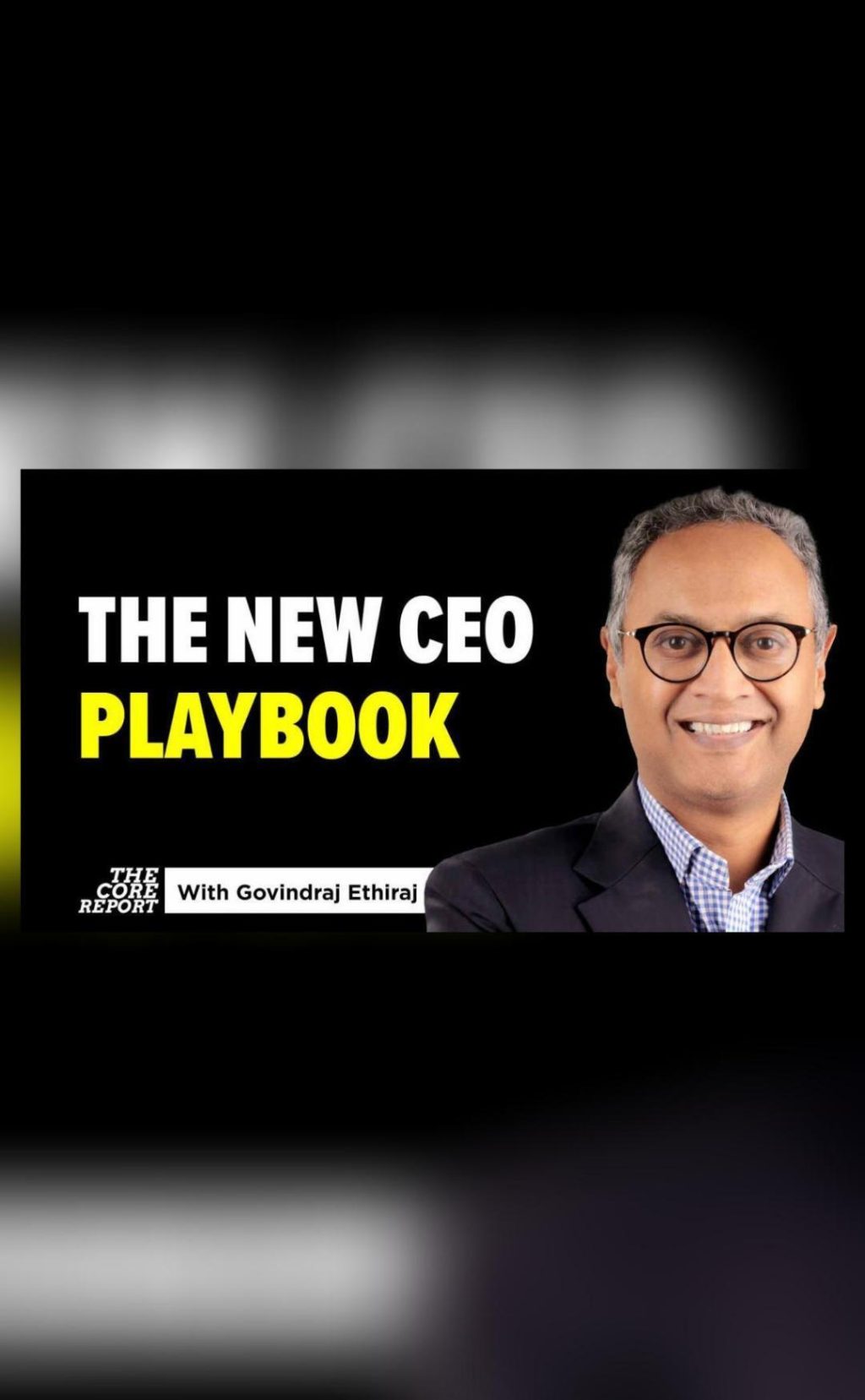
The New CEO Playbook: AI Pressures & Global Tariff Shocks
In today’s fast-paced and increasingly complex business landscape, CEOs are facing an unprecedented array of challenges. As Artificial Intelligence (AI) continues to reshape industries and global tariff shocks disrupt trade, leaders must rethink their strategy and operations to remain competitive. With no guarantee of stability, companies are being pushed to localize, adapt, and reconsider long-held business models.
In this blog post, we’ll explore the key pressures and challenges facing CEOs today, and outline a playbook for success in this rapidly changing environment.
AI Pressures
The rise of AI has brought immense benefits to businesses, from improved efficiency to enhanced customer experiences. However, it has also created significant internal pressures for CEOs. As AI becomes increasingly integrated into business operations, leaders must grapple with the following challenges:
- Automation Anxiety: As AI takes over routine tasks, CEOs must manage the anxiety and uncertainty that comes with job displacement. According to a McKinsey report, up to 800 million jobs could be lost worldwide due to automation by 2030.
- Innovation Overload: With AI driving innovation at an unprecedented pace, CEOs must stay ahead of the curve, investing in new technologies and skills to remain competitive.
- Talent Wars: The war for talent is heating up, as companies compete for the best AI-trained professionals. CEOs must develop strategies to attract, retain, and upskill their workforce.
Global Tariff Shocks
The global trade landscape has been significantly disrupted by tariff shocks, leaving CEOs to navigate treacherous waters. Key challenges include:
- Trade Policy Volatility: The uncertainty surrounding trade policies, tariffs, and quotas is causing widespread disruption to global supply chains.
- Cost and Pricing Pressures: Companies must absorb the increased costs of tariffs, leading to pricing pressures that can erode profit margins.
- Diversification Dilemmas: CEOs must weigh the benefits of diversifying their supply chains against the risks of disrupting existing operations.
The New CEO Playbook
To succeed in this challenging environment, CEOs must develop a playbook that addresses these internal and external pressures. Here are some key strategies to consider:
- Embrace Localisation: Companies should consider localizing their supply chains and production to mitigate the risks associated with global tariff shocks.
- Adapt and Innovate: CEOs must invest in AI-driven innovation, embracing new technologies and business models to stay ahead of the competition.
- Develop a Global Mindset: Companies must adopt a global mindset, understanding the complexities of international trade and developing strategies to navigate these challenges.
- Foster a Culture of Adaptability: CEOs must create a culture that encourages adaptability and resilience, empowering employees to respond to changing circumstances.
- Rethink Business Models: Companies must reconsider their long-held business models, identifying opportunities to pivot and thrive in a rapidly changing environment.
Conclusion
In conclusion, the new CEO playbook is a nuanced and adaptive strategy that addresses the challenges posed by AI pressures and global tariff shocks. By embracing localisation, adapting and innovating, developing a global mindset, fostering a culture of adaptability, and rethinking business models, CEOs can position their companies for success in this fast-paced and complex business landscape.
Watch the video for more insights:
Source:






